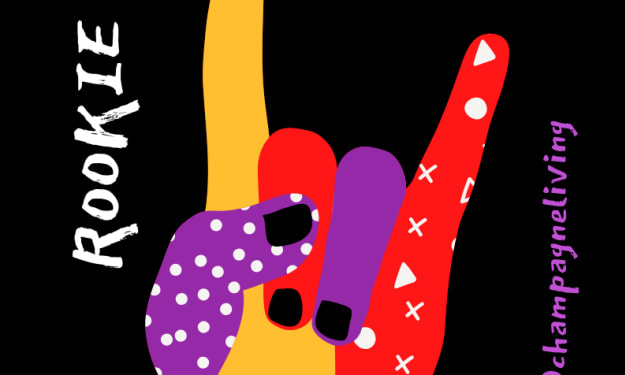A Journey into the Complex World of Human Behavior
- A Review of "Behave" by Robert M. Sapolsky, Ph.D.
In the realm of scientific literature, there are few works as remarkable and thought-provoking as "Behave" by Robert M. Sapolsky, Ph.D. This meticulously crafted masterpiece delves into the intricate tapestry of human behavior, combining neuroscience, biology, psychology, and sociology to offer a comprehensive and enlightening perspective on what makes us tick.
"Behave" is not merely a book; it is a journey, an expedition into the depths of human nature. Dr. Sapolsky, a renowned neuroscientist and biologist, takes us on this captivating voyage with his engaging writing style and unmatched expertise.
The book's structure is a testament to Sapolsky's skill as a storyteller. He starts with the micro-level, examining the minute details of neurons, hormones, and genes that contribute to human behavior. As he introduces these complex concepts, his ability to convey them in an accessible manner is nothing short of remarkable. He transforms complex neuroscientific jargon into digestible information, ensuring that readers of all backgrounds can grasp the nuances of his arguments.
One of the book's strengths lies in its ability to interweave scientific research with real-world examples. Sapolsky masterfully connects laboratory studies to everyday life, illustrating how the insights from neuroscience and biology can illuminate our understanding of social issues, criminal behavior, and even the origins of violence. He employs captivating anecdotes and case studies to highlight the profound impact of brain chemistry and genetics on our actions.
Sapolsky also introduces readers to the concept of the "behavioral constellation," emphasizing the multifaceted nature of human actions. He acknowledges that our behavior is a complex interplay of genes, hormones, environment, culture, and history. This holistic approach allows him to shatter the reductionist view of behavior and unveil its intricate mosaic.
One of the book's most enlightening sections explores the role of stress in shaping our actions. Sapolsky draws on his extensive research with primates to reveal the long-term consequences of chronic stress on human behavior. He demonstrates how the brain's response to stressors can drive aggression, addiction, and mental illness. Through vivid descriptions and compelling evidence, he paints a stark picture of the far-reaching impact of stress on our lives.
As the narrative progresses, Sapolsky delves into the sociological dimensions of behavior, addressing topics such as hierarchy, power, and empathy. His examination of social structures and their effects on individuals is both insightful and eye-opening. He elucidates how inequalities can breed aggression and antisocial behavior while underscoring the importance of empathy in promoting cooperation and cohesion within societies.
Sapolsky also explores the controversial topic of free will, a concept deeply entrenched in philosophical and theological discussions. He presents a compelling argument that challenges our conventional understanding of choice and personal responsibility. Through the lens of neuroscience and genetics, he posits that our actions are often shaped by factors beyond our control, pushing the boundaries of our moral and legal frameworks.
The book's comprehensive approach to human behavior also includes a thorough analysis of the biological basis of morality. Sapolsky navigates the intricate terrain of ethical decision-making, unraveling the mechanisms that underlie our sense of right and wrong. His exploration of empathy, altruism, and the moral brain offers a fresh perspective on the origins of human morality.
"Behave" concludes with a hopeful note, emphasizing the potential for positive change in human behavior. Sapolsky suggests that by understanding the biological and environmental factors that influence our actions, we can develop more effective strategies for promoting cooperation and reducing conflict. His call for a nuanced, empathetic approach to addressing societal issues serves as a beacon of hope in a world often plagued by division and strife.
In summary, "Behave" by Robert M. Sapolsky, Ph.D., is a tour de force that transcends the boundaries of scientific literature. With its captivating storytelling, meticulous research, and profound insights, the book offers a panoramic view of the complexities of human behavior. Sapolsky's ability to bridge the gap between neuroscience, biology, and social sciences is nothing short of extraordinary. Whether you are a scientist, a student, or simply a curious reader, "Behave" is an indispensable guide to understanding what it means to be human. It challenges our preconceptions, expands our horizons, and ultimately leaves us with a deeper appreciation for the intricate dance of biology and behavior that shapes our lives. This book is a triumph of scientific communication and a must-read for anyone interested in the enigma of human nature.
About the Creator
Preethi Siva
Writing is not my hobby.........
It comes when my heart is connected to my soul and says to write!!!







Comments
There are no comments for this story
Be the first to respond and start the conversation.